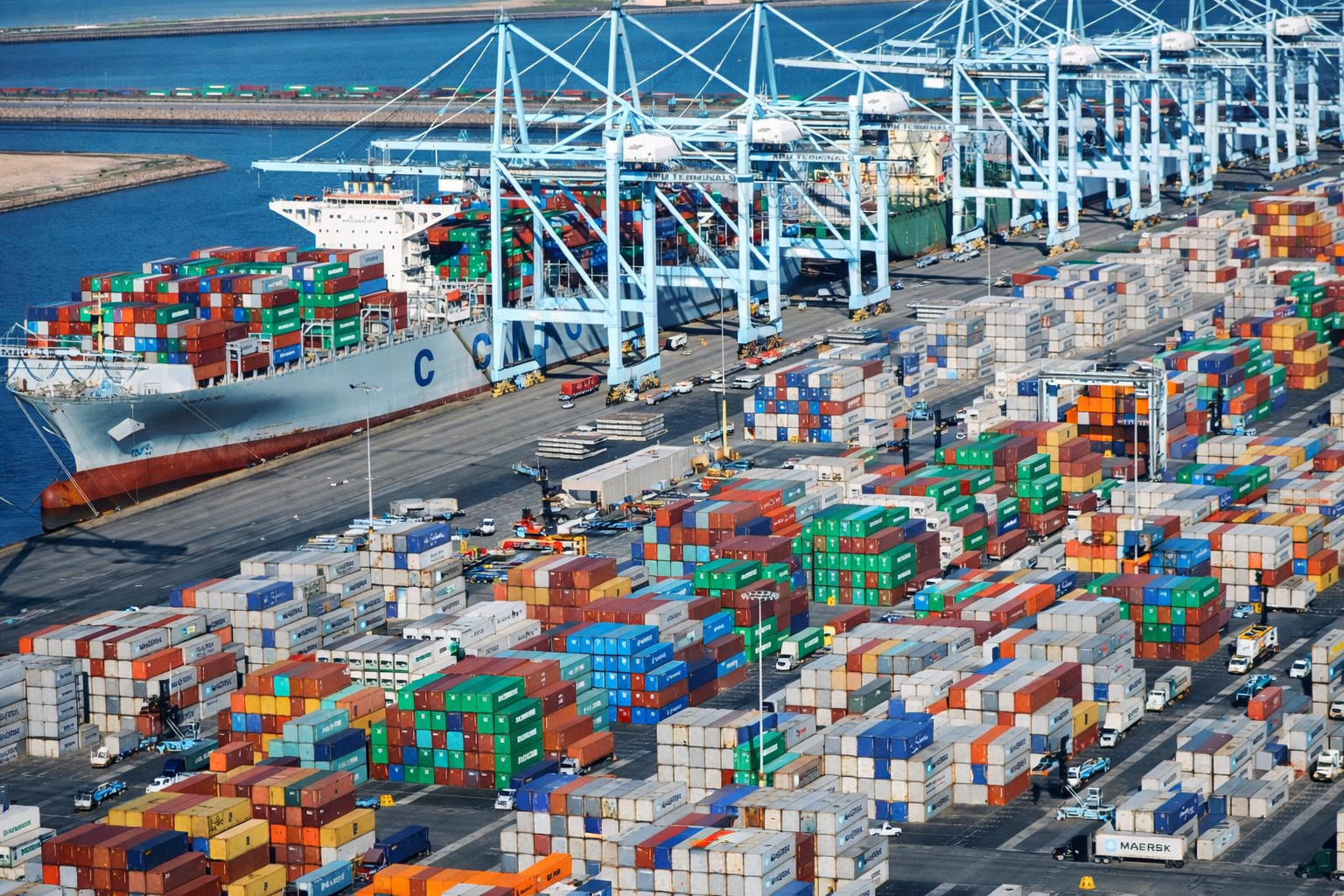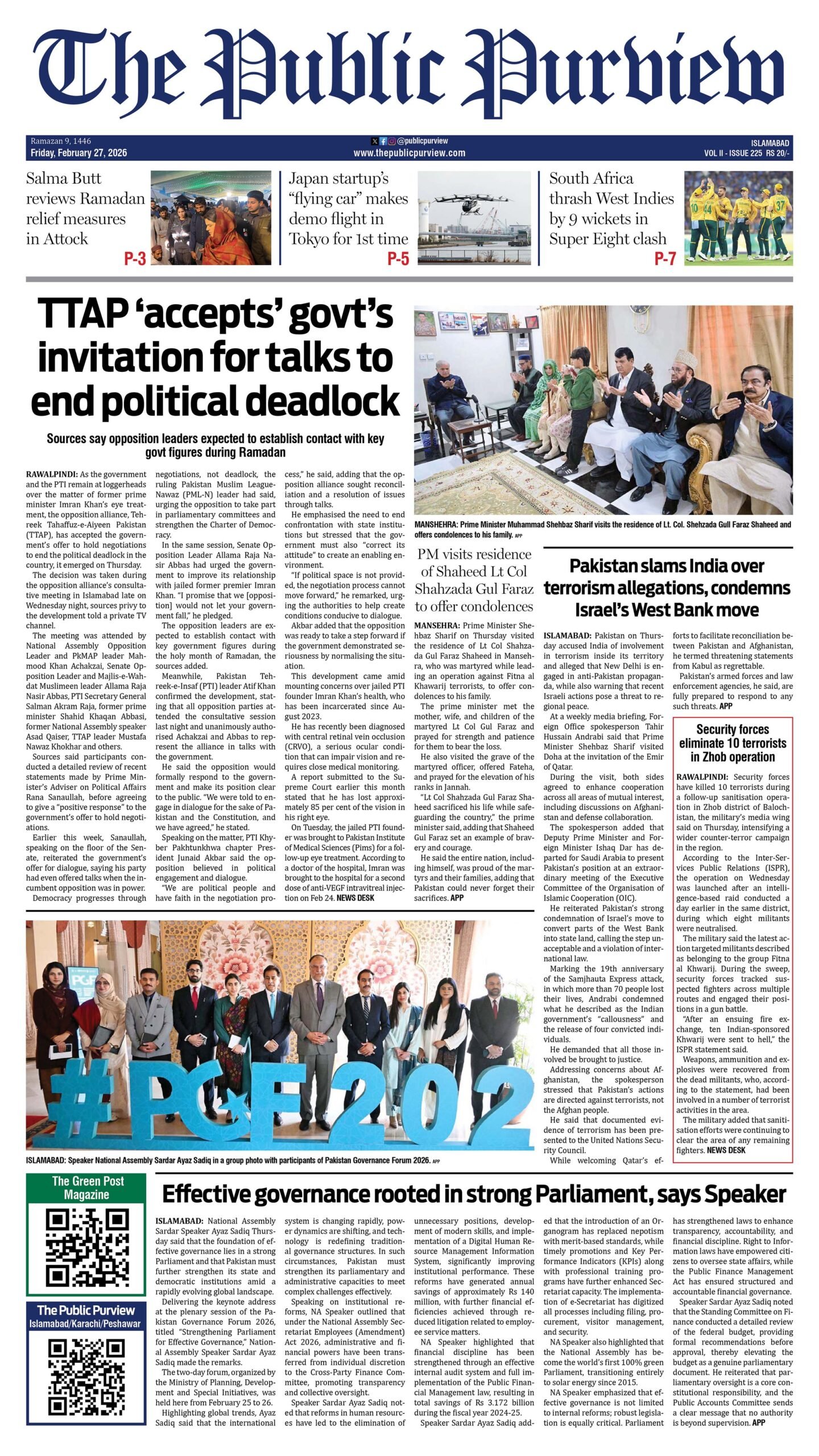The Pakistan Telecommunication Authority (PTA) has initiated a large‑scale firewall upgrade project aimed at strengthening the country’s cybersecurity defenses and protecting critical digital infrastructure from evolving online threats.
Budget and Scope
According to preliminary estimates, the project’s cost is expected to range between Rs. 40 million and Rs. 120 million. The final figure will depend on the firewall models selected, subscription periods, and the overall scale of deployment.
Once implemented, the upgraded system will give PTA greater visibility, control, and resilience against increasingly sophisticated cyberattacks targeting Pakistan’s telecom and digital networks. The renewal plan covers the replacement of existing security systems at PTA headquarters and regional offices, alongside the procurement of next‑generation firewalls (NGFWs), license renewals, and integration with PTA’s data centers and monitoring facilities.
Advanced Firewall Features
The new infrastructure will introduce high‑performance firewalls equipped with intrusion prevention, web filtering, malware protection, VPN security, and SSL inspection. These features are designed to block unauthorized access, detect intrusion attempts, and enhance real‑time monitoring across PTA’s nationwide network.
Centralized management consoles will be deployed to streamline network control, while active‑passive failover configurations will ensure uninterrupted service. PTA also plans to link the upgraded firewall system with the National CERT’s threat intelligence framework, enabling real‑time collaboration on cyber incident response.
Phased Implementation
The rollout will be carried out in multiple stages, beginning with an assessment of the current network setup. This will be followed by hardware procurement, installation, configuration, and testing. Capacity‑building programs for PTA’s IT staff are also part of the plan to ensure effective operation and management of the new systems.
Long‑Term Maintenance
The project includes a comprehensive post‑deployment phase, guaranteeing 24/7 vendor support and continuous security updates over the next three to five years. This long‑term approach is intended to keep Pakistan’s digital infrastructure resilient against emerging cyber threats while ensuring operational stability.
Read more related news here: https://thepublicpurview.com/category/tech/
For climate-related stories, visit: The Green Post







 Today's E-Paper
Today's E-Paper